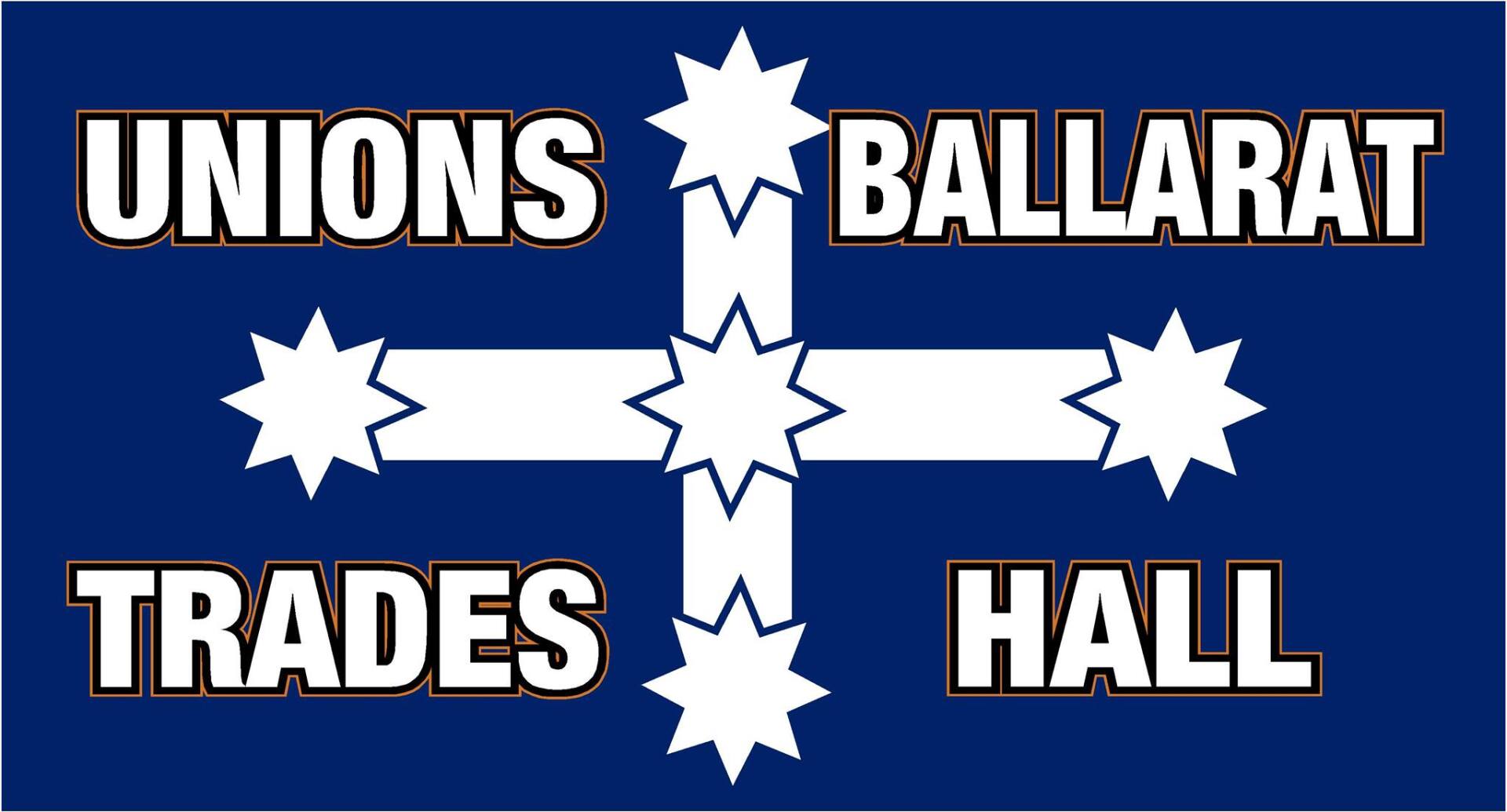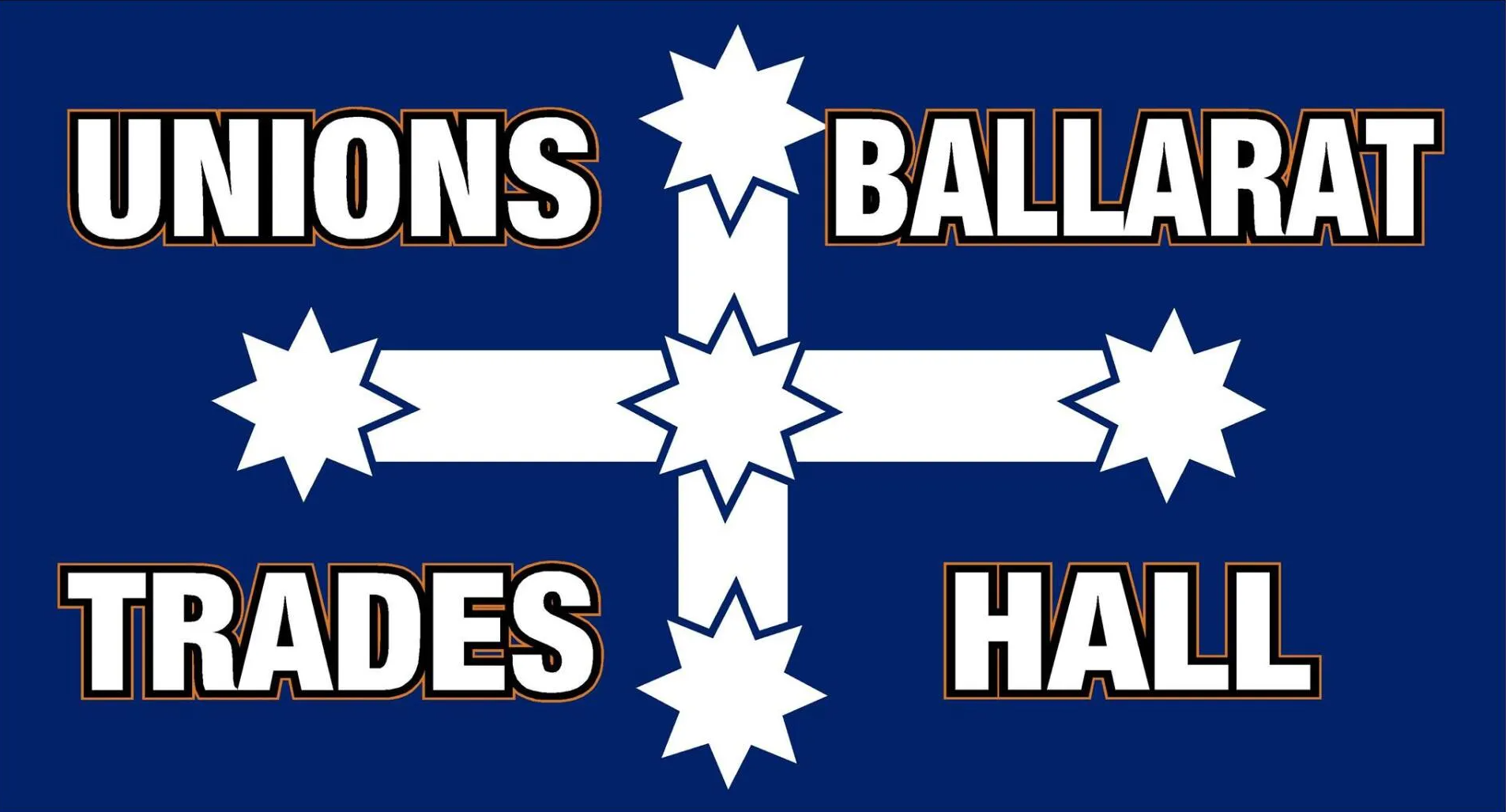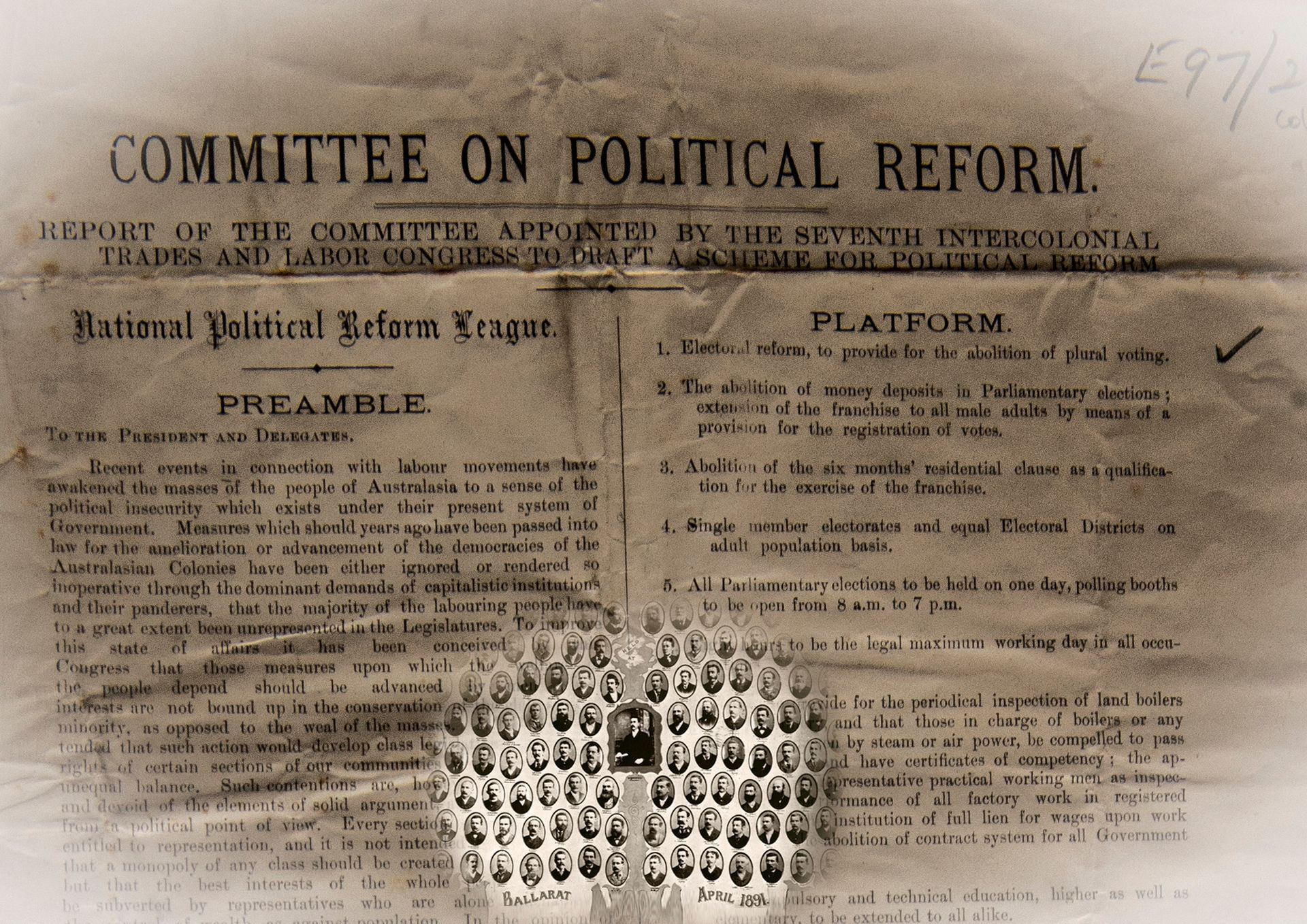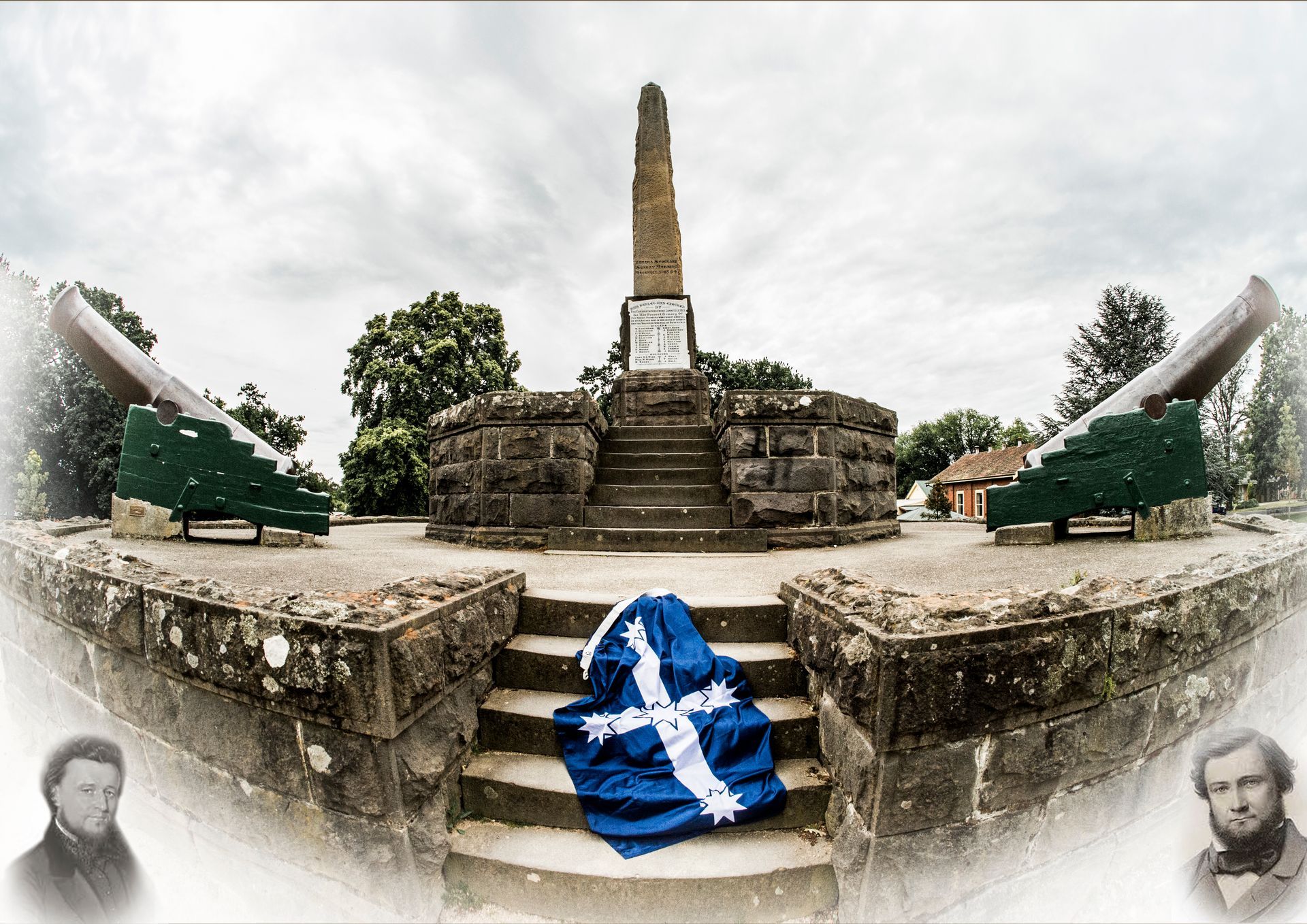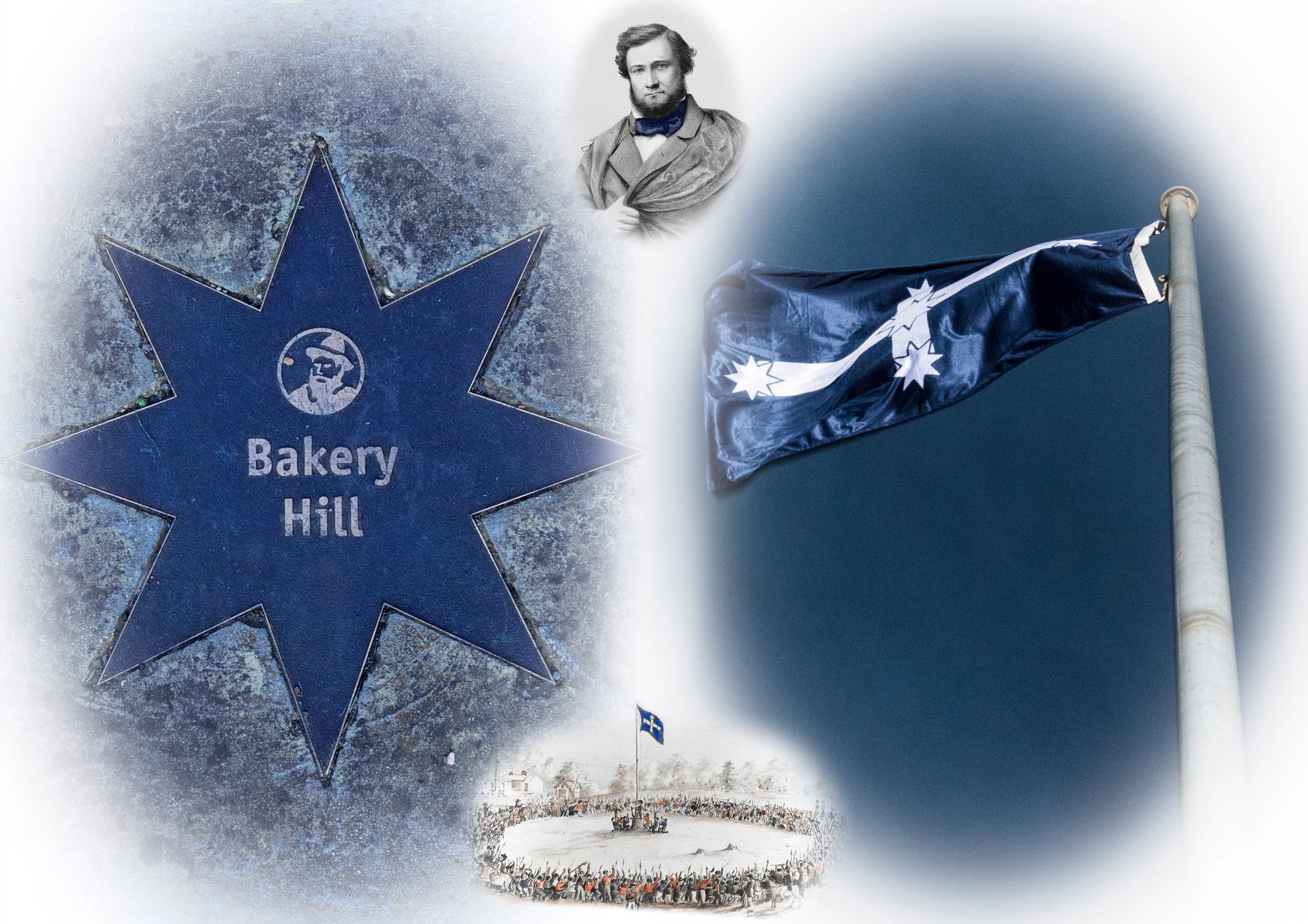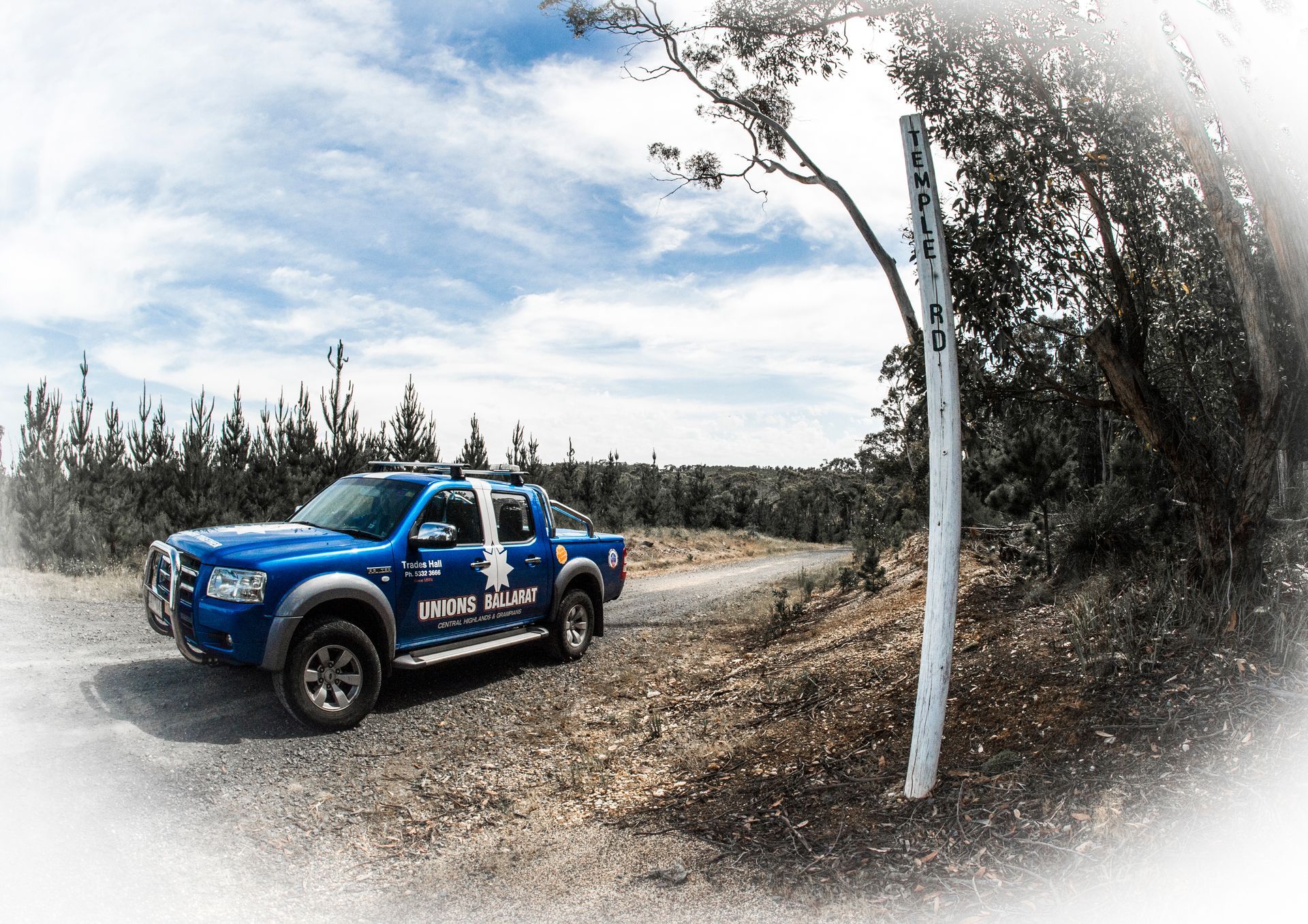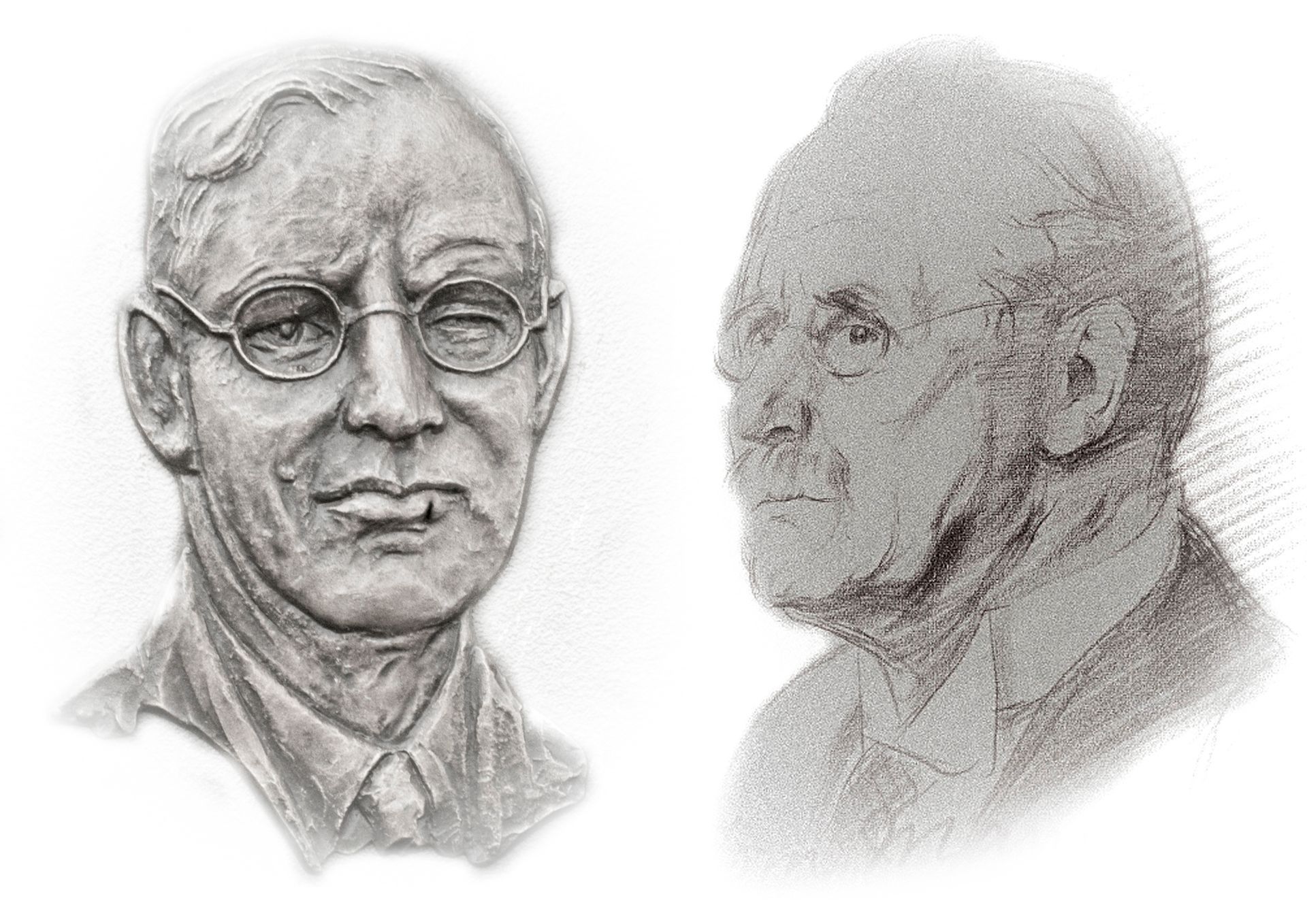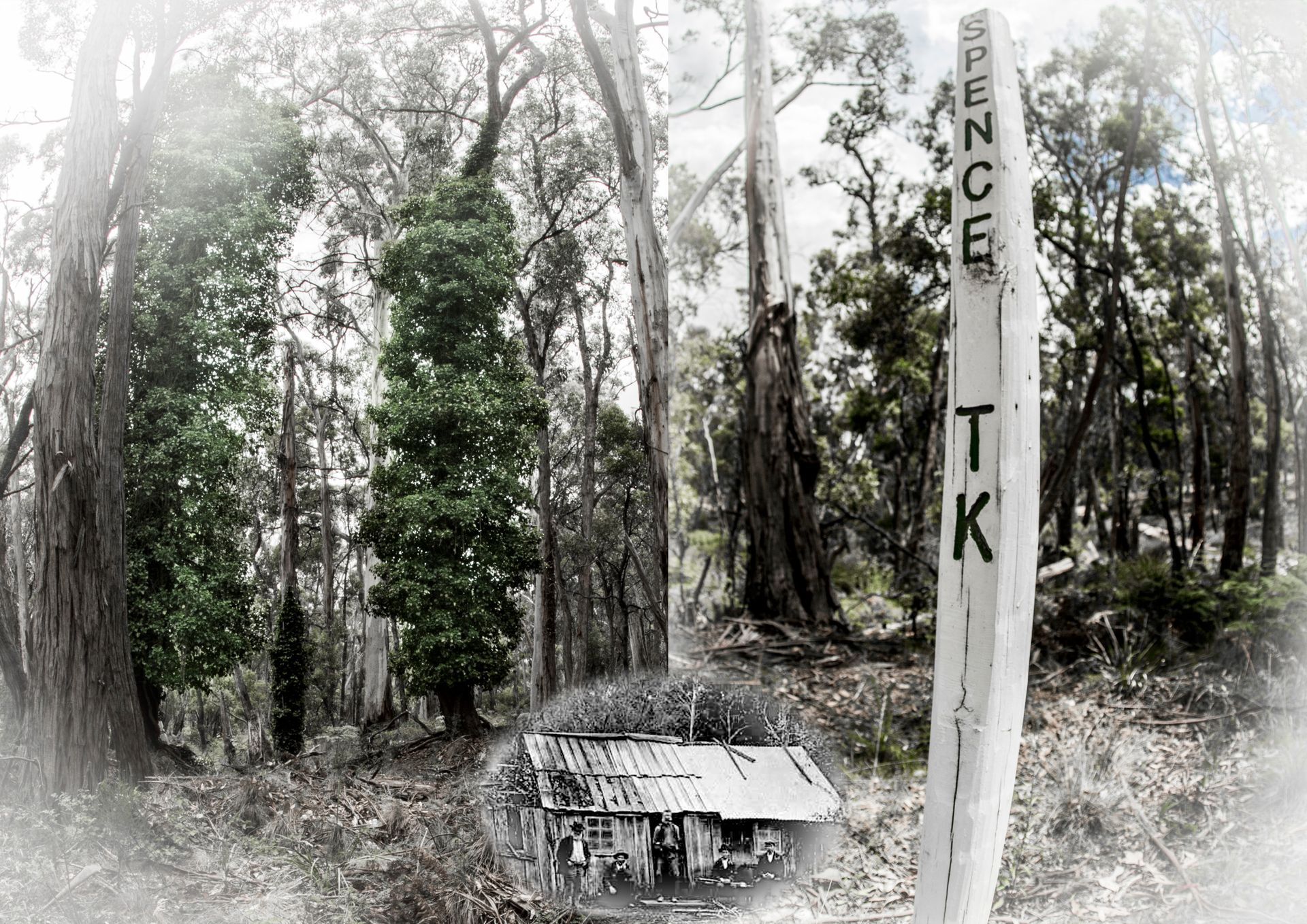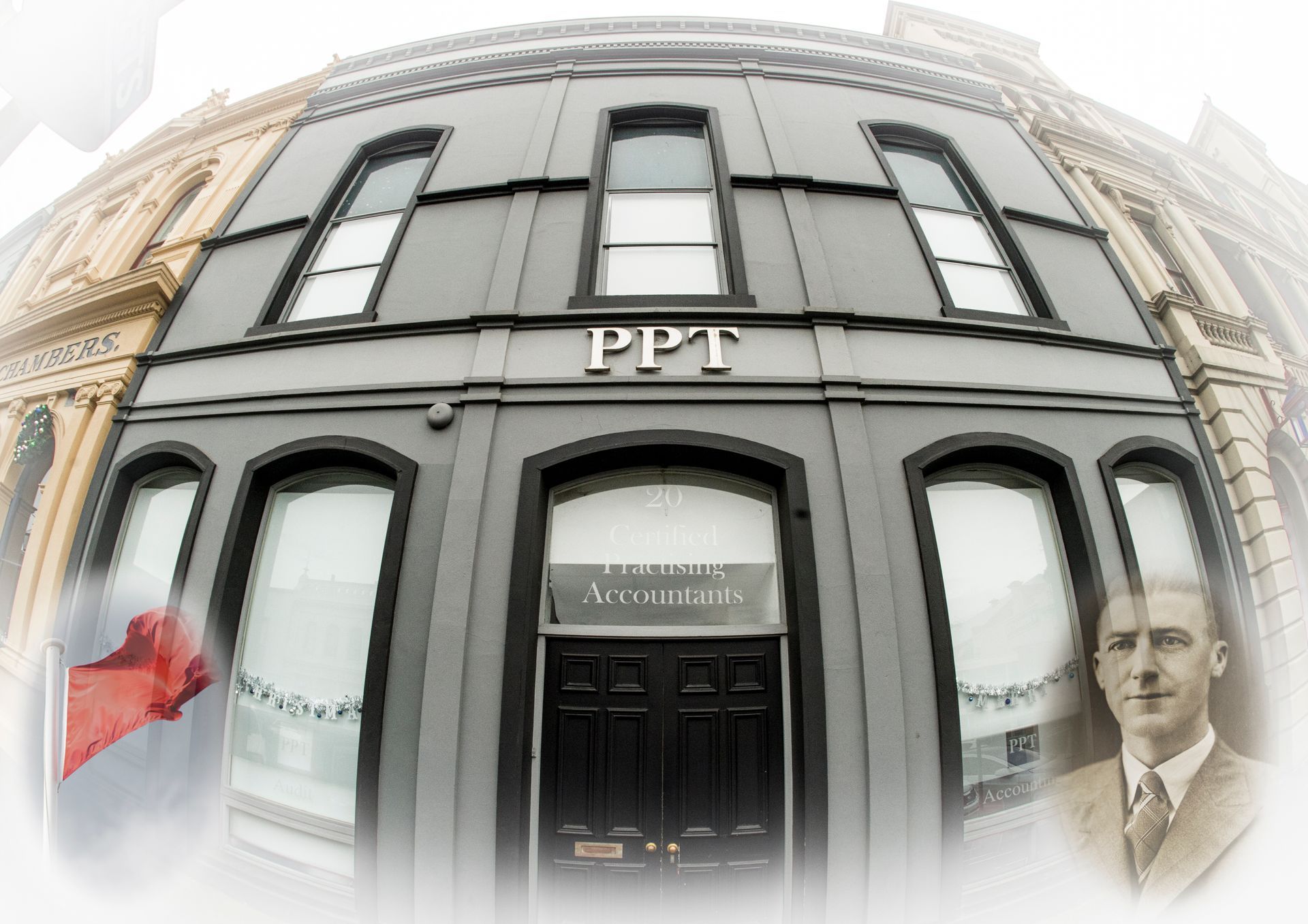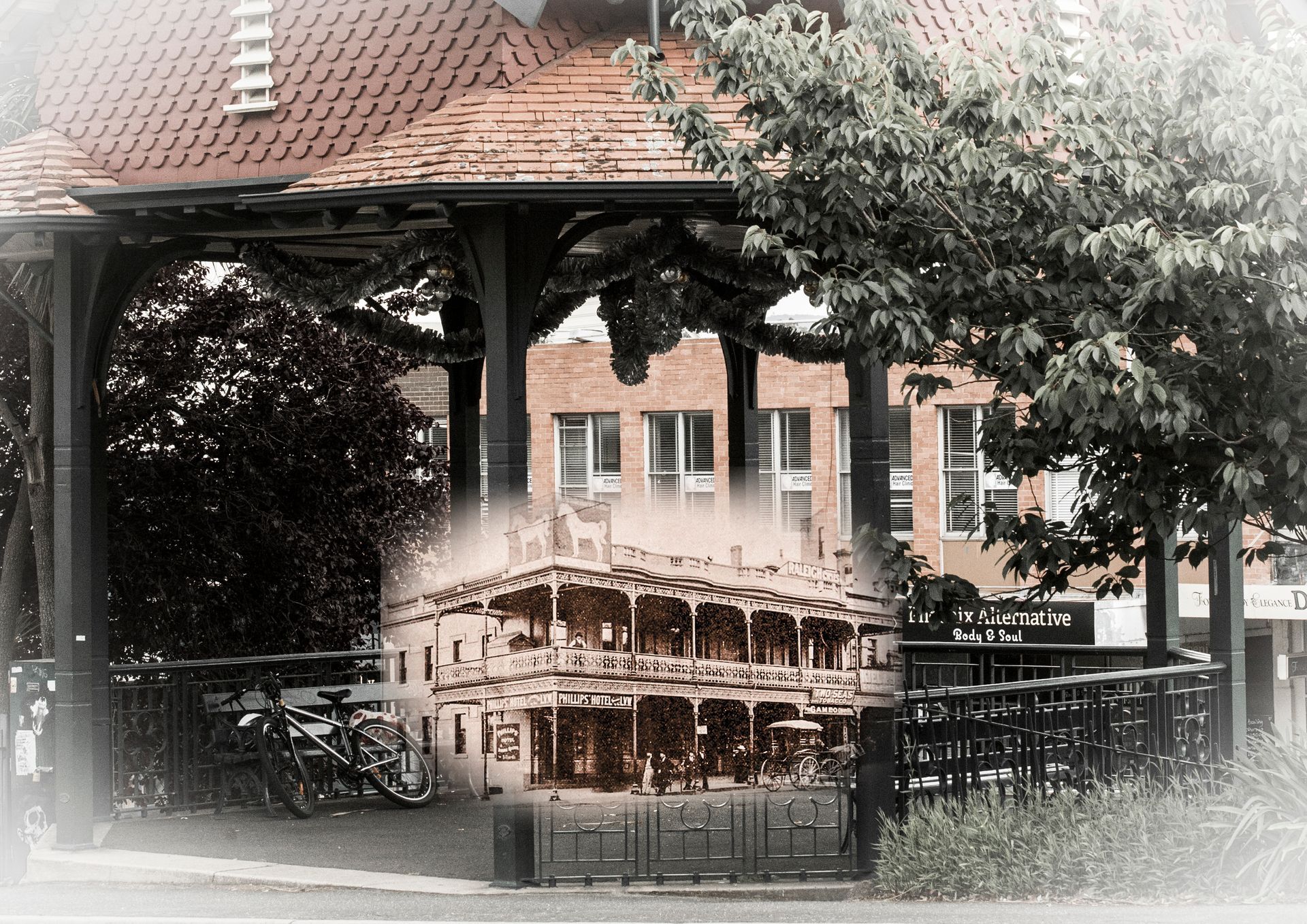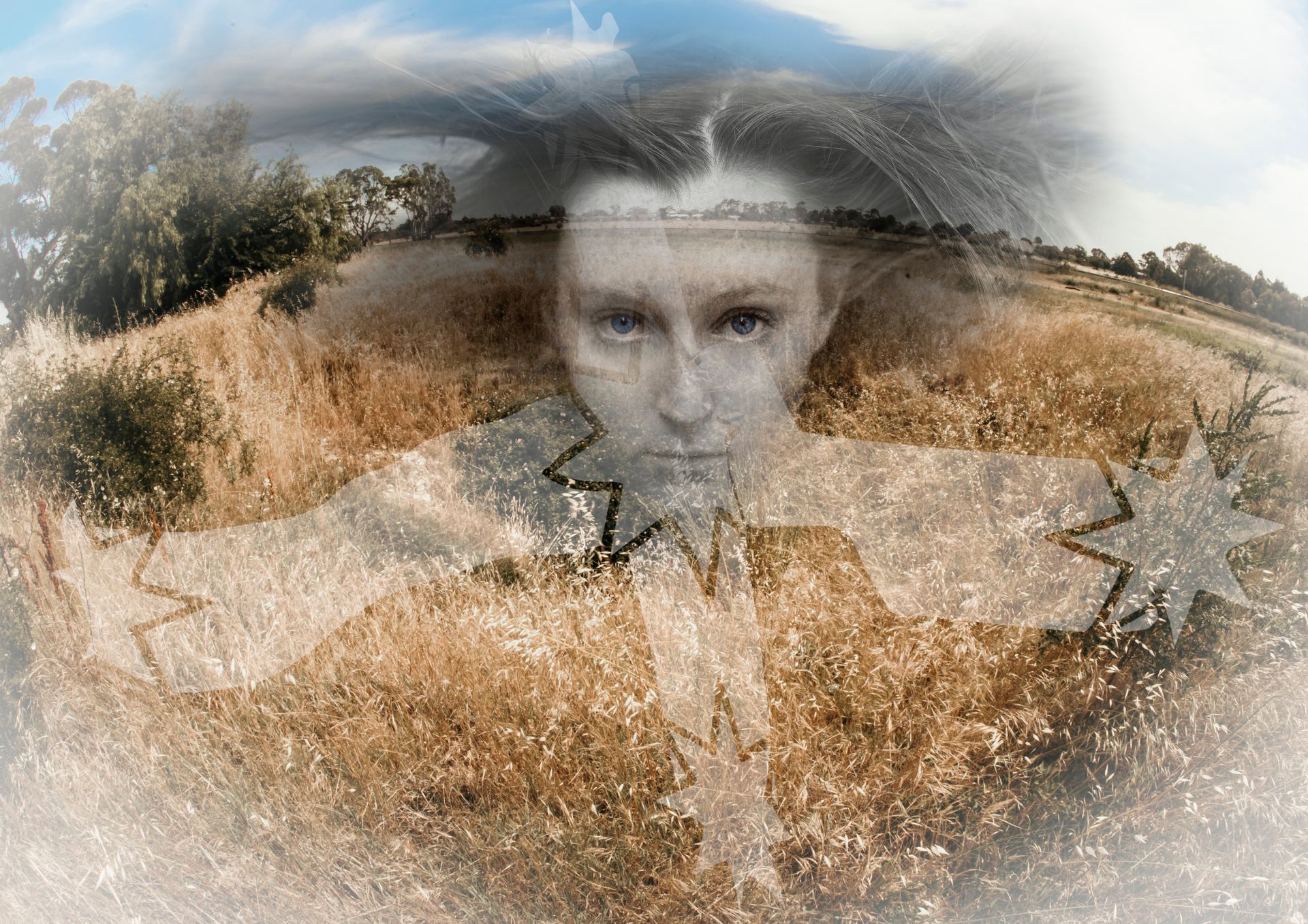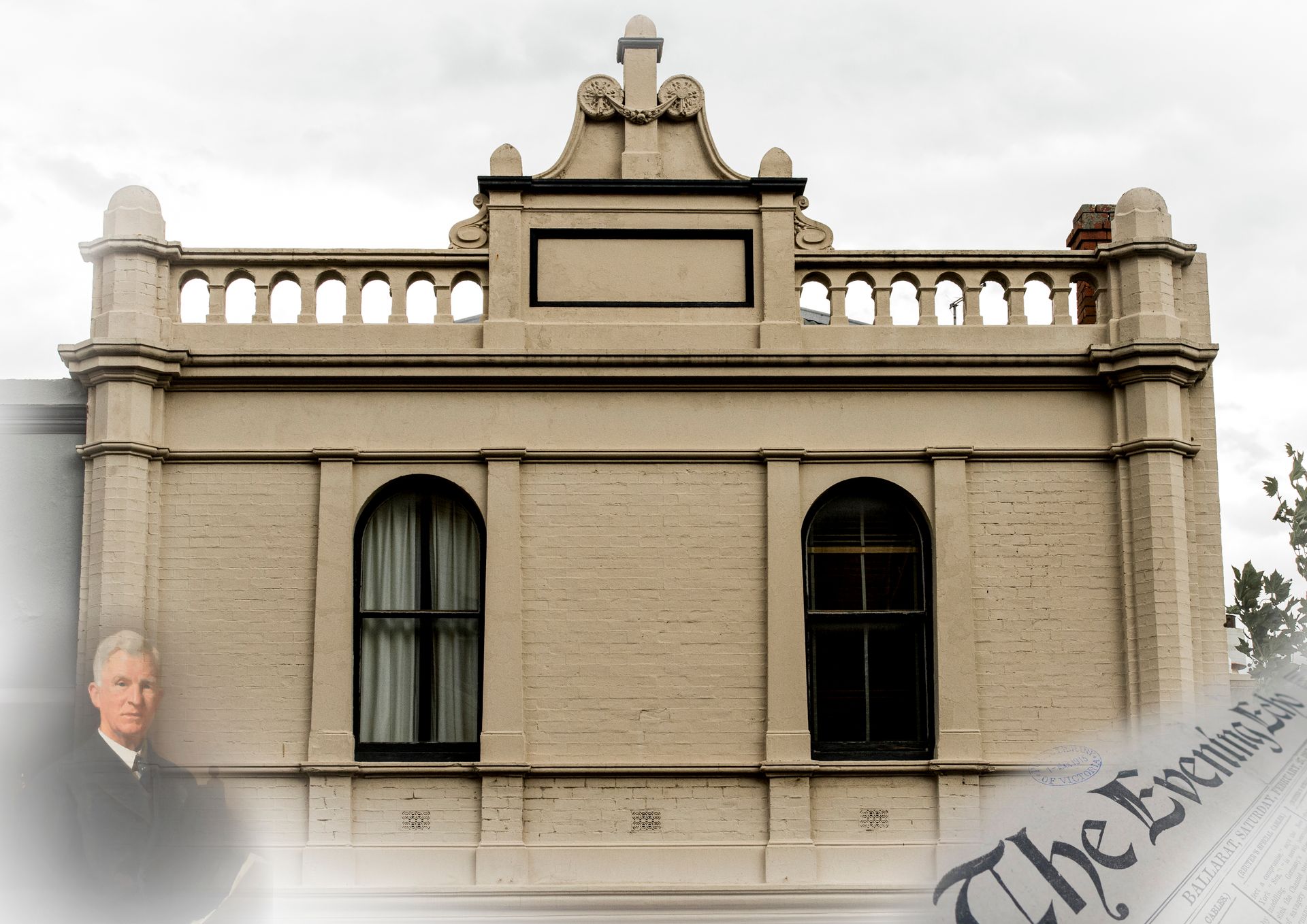Our History - Newspaper Editor and Prime Minister Scullin
Prime Minister James Henry Scullin
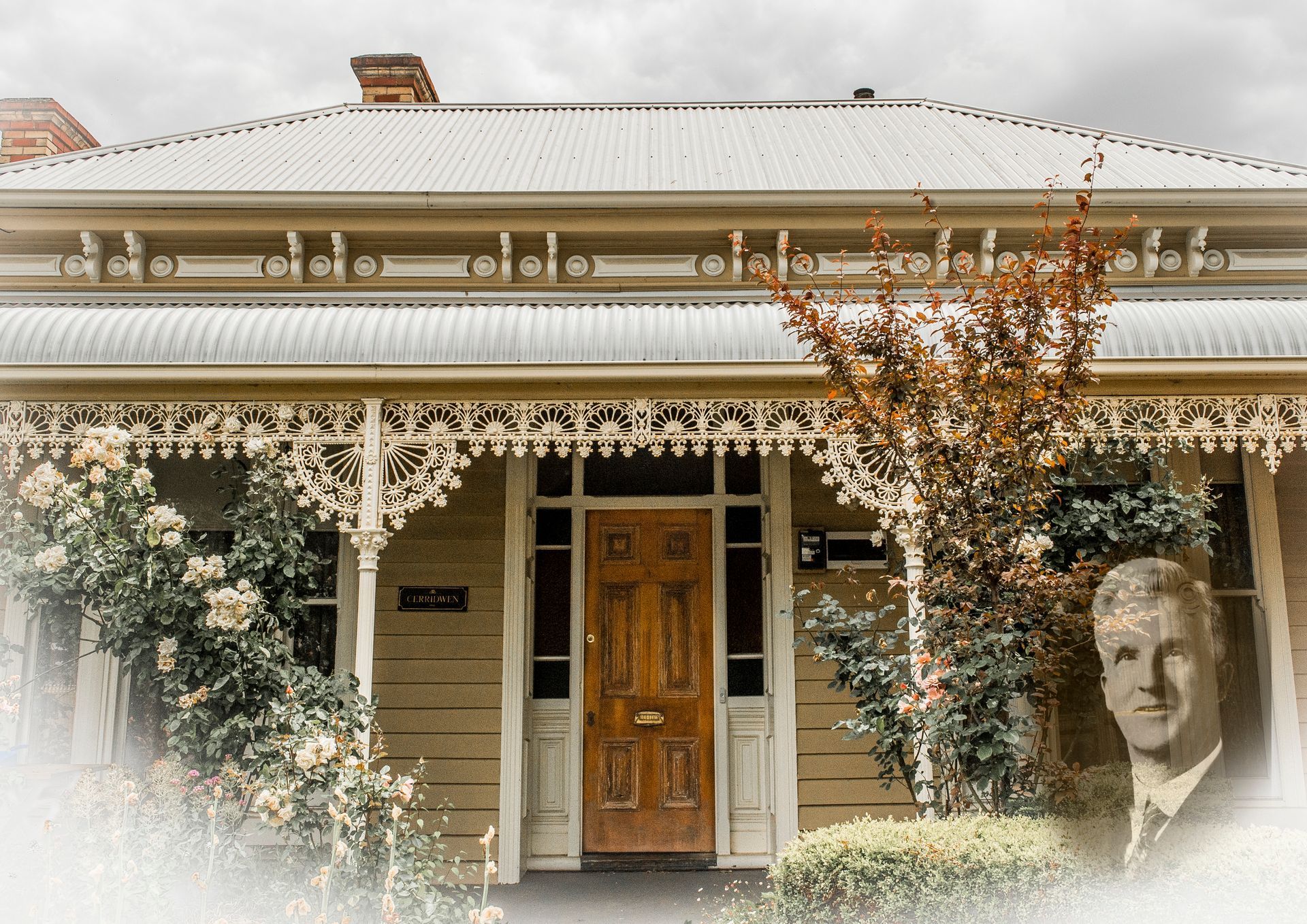
James Henry Scullin was born on 18 September 1876 at Trawalla. The family then moved to Mt Rowan where he attended school until he was 14. He attended night school at Ballarat School of Mines. Growing up Scullin made good use of the public library and read avidly. Active in the Catholic Young Men's Society, he developed debating skills, leading to a thirty-year association with Ballarat's South Street Society competitions as a successful contestant and respected adjudicator. For ten years he ran a grocer's shop at Ballarat for James McKay & Sons. About 1903 he joined the Political Labor Council (PLC) and helped in Labor's campaigning in State elections. In 1906 he was Labor's candidate for Ballaarat in the Federal election against Prime Minister, Alfred Deakin. He then became a political organiser for the Australian Workers' Union, helping to form branches of the PLC in the western half of Victoria, and publicising the Labor cause. Scullin won the seat of Corangamite at the 1910 Federal elections, when Labor under Andrew Fisher became the first party to win a majority in both houses of parliament. After losing Corangamite in the 1913 elections, Scullin became editor of the Ballarat Labor daily, the Evening Echo until 1922. In 1916-17 he became a leading opponent of conscription. In 1918-19 he was president of the party's Victorian branch. In 1922 he won the seat of Yarra in the Federal Parliament, moving to Richmond. He became leader of the Federal Parliamentary Labor Party in 1928. At the general election on 12 October 1929, the ALP had their biggest majority yet in the House of Representatives, winning 46 of the 75 seats, but were outnumbered in the Senate. Former Prime Minister, Stanley Bruce, lost his own seat. Scullin (and Ballarat to his bootstraps) would have been exhilarated by the elation of the five thousand people who farewelled him and his wife at Melbourne’s Spencer Street station, matched by the crowd that hailed the train at Canberra the following day, singing ‘See the conquering hero comes’. ‘Paddy’ Lynch, one of the Hughes conscription defectors, complained in Parliament the next day about the high-spirited renditions of ‘The Red Flag’ at the Hotel Kurrajong. But two days after, the New York Stock Market crashed - the greatest financial crisis faced by an Australian government. This brought down his government in 1932.
